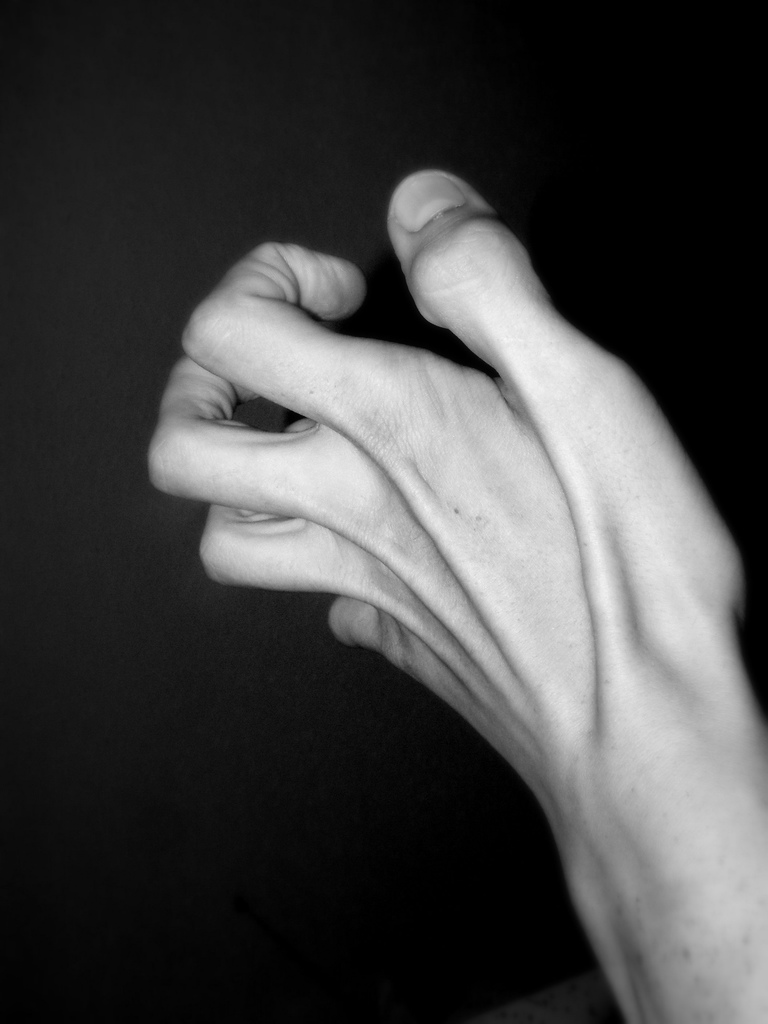You’ve seen it before, but you know it by a different name. It plays out like this: your friend walks into a dining hall or the library, dumps her books on the table and lets out a string of breathless, anxious hyperboles: “I literally haven’t slept for the last four nights.” It’s particularly visible during the finals periods of December and May. Social media becomes littered with pictures of textbook-fortresses, caption reading: “Day five in the library, four hours of sleep, three papers to go”. We call it “stress” and we maintain a kind of grave reverence for it that is usually reserved for war and other regrettable, yet necessary ordeals. It appears under a number of labels: “work overload” “procrastination” “all-nighters”. But couched in all of these phrases is a very prevalent attitude on this campus. It’s not stress, it’s glorification of stress, and we specialize in it here at Connecticut College.
I’m not sure why we do it. Maybe it’s that we have too much work, or that we have unfortunately found ourselves at the mercy of a possibly flawed system that favors test-taking and paper writing as the primary gauges of learning. It might be because we grew up seeing too many movies where women with severe buns and men in thousand-dollar suits run around office buildings faxing things, rearranging manila folders with unexplained urgency, picking up important phone calls from affiliates in Tokyo to make gruff demands with impolite hurry. The unspoken understanding is that these men and women are very, very busy, very, very stressed, and as a result very successful. From afar, it looks exciting to be stressed. It looks very grown up.
We have our own flavor of glorification of stress at Conn. We cut out meals, exercise, leisure reading (just the idea of reading for fun is laughable to any full-time college student), conversation—the very stuff that nourishes us when we need it most. We fuel ourselves instead with stress and fear, we gulp up academic commitment, devour busyness. We mill about the first floor of the library (the High Altar of Stress Glory) talking about how many pages we have left, how many exams, how few hours of sleep, how “screwed” we are. Why is it cool to be stressed? As one friend posited, perhaps it’s a strange combination of mutualism and competition; we love to not feel so alone in our anxiety, but we also like to reassure ourselves that maybe we’re just a little bit better off than our peers.
Now for a favorite anecdote from Finals Past that my friend group begs to hear every year around this time, like a sick holiday parable that nonetheless speaks to some sort of greater truth about our behavior and values this time of year. A friend was in Harris in line to get some pasta and (not seeing another Camel also in a fuel-deprived carb-seeking frenzy) reached for the pasta spoon a second before her. My friend, the embodiment of courtesy no matter what time of year it is, apologized profusely for the momentary confusion about who rightfully should serve themselves pasta first. The girl, affronted but willing to forgive such atrocity in times of great stress and sacrifice, told my friend snidely, “That’s okay…it’s finals.” This situation is telling: First, tensions were running so high that a minor conflict occurred over something as insignificant as pasta. Second, this girl was willing to excuse what she had oddly perceived as bad behavior because it was “finals.” Do we write ourselves a sort of all-bets-are-off-for-human-decency clause during finals, or more distressingly, during any moments of stress?
This isn’t an attack on professors who assign too much work, or the administration, the powers that be who make the rules about education—that’s a very different article about the larger issues of collegiate workload. This is about what we students can do now. Let’s look to ourselves. How we relate to stress now will inform how we relate to stress for the rest of our lives.
In many ways, we’re doing ourselves a great service when we talk to each other about what we’re experiencing. No one gains from bottling up feelings of stress and anxiety. And so my argument is not for silently and solemnly bearing the very real weight of academic pressure. This is, rather, a call for consideration, kindness and rationality; eat meals with your friends, take walks, don’t snarl at people in line for pasta. Try not to worship in the chapel of stress, and instead glorify good company, good food, fresh air. Hans Selye, a Hungarian doctor who pioneered the scientific study of stress, said it best: “It’s not stress that kills us. It’s our reaction to it.”










